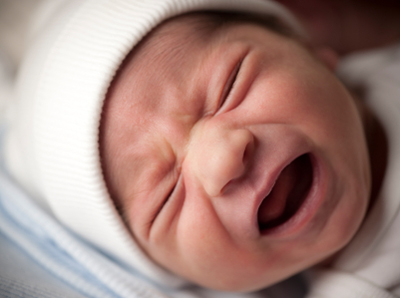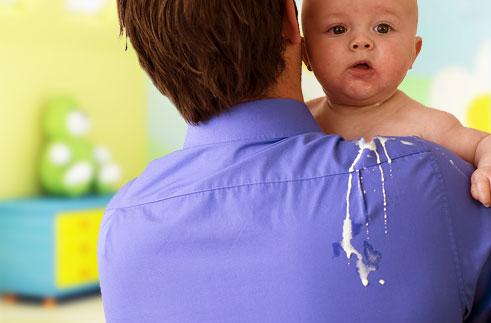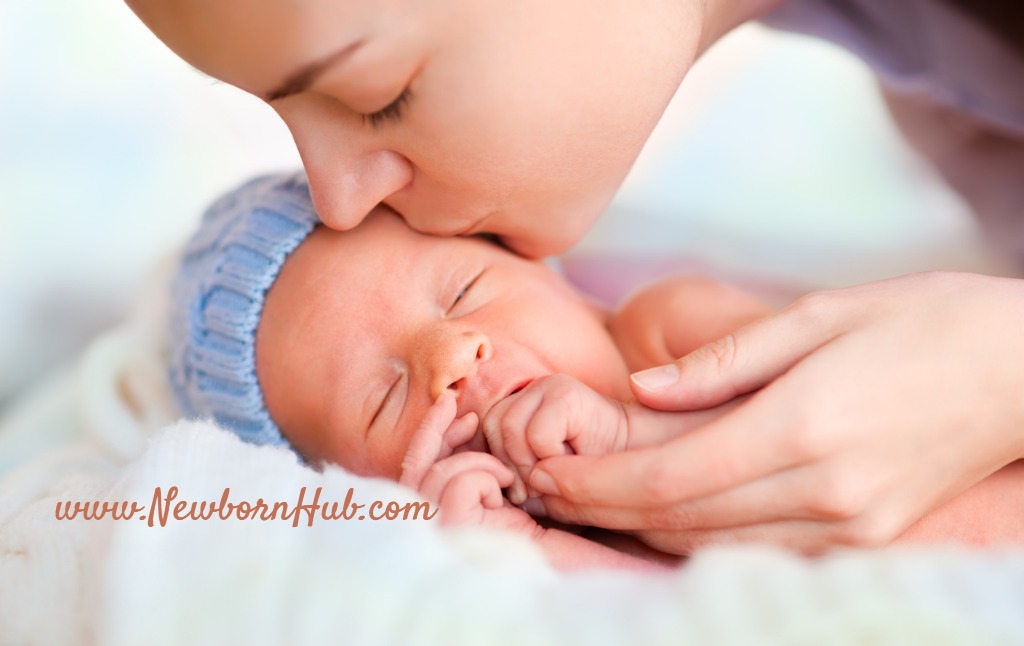Crying Babies: Is Gas The Culprit?
Do you think you have a winner at home if they ever had a competition on crying newborn babies? You are not alone. Every other parent feels this way, specially when there actually is something bothering their little one - and it is often than not stomach gas (other times it is often Colic).
There are signs that can help indicate if your baby is having gas problems. Usually, the first sign is a discomfort of some sort. If you have a newborn baby crying and clenching her tiny fists in pain, it could be a sign of an abdominal cramp due to the presence of gas. Your infant can become gassy for different reasons including a change in diet, digestive problems, medications and others reasons.
Let’s take a deeper look into why newborn babies cry, and some of the potential causes of gas in a newborn baby:
Milk:
Milk is often the culprit in case of crying newborn babies. If you bottlefeed, make sure the consistency of formula milk is according to what is mentioned on the formula pack. Putting in more powdered milk in the water won't make your baby gain weight - a misconception that parents of weaker babies have. It will only make her gassy and might give some serious digestive issues including vomiting.
Also, your baby's body may be accustomed to a particular type of formula milk that she was initially given. Changing it may not be a good idea, unless there is a solid reason behind it.

For breast-fed babies, gas can develop even more frequently because the breast milk is produced based on ingested foods
or other substances a mother may take such as vitamins. Hence, with
breast milk, babies can also become gassy. So hey, slow down mothers, you don't want to deal with a cry baby just to fulfill your cravings, do you?
Digestive Issues:
Your baby may have a digestive system that is somewhat sensitive to certain foods specially at this early stage. If you have started giving your baby water or any other liquid, make sure the doctor knows about it.
For babies who start on solids, sometimes, every food that your baby takes gives her gas. However, there could also be instances when a particular food gives your baby more gas than usual.

Also, when your baby is taking in food through her mouth at a faster pace, air is also swallowed. If your baby gulps down food, this is also a risk for choking. So be careful to control the pace at which your baby eats.
Few bowel movements:
If your baby has few or reduced bowel movements, then there is the tendency that gas may be trapped in the tiny intestines. Especially for breastfed newborn babies, it is possible to go on for days without having any stool and in some cases this may make your newborn remain gassier.
Tears and tantrums:
What happens when a baby cry? She engulfs air from her mouth - a reason for gas to get worse. If your baby suffers from colic, make sure you are doing your best in understanding and coping with it.
Other Causes:
There may be other less common causes of gas such as allergies which may have an effect on your baby’s digestive system. There may be foods that may not be ideal for your baby until her digestive system becomes more mature, perhaps when your baby is about a year old. Diarrhea can also generate gas in your baby. Hence, you could be dealing with multiple issues at the same time. It can all be related and this makes it somewhat puzzling to know what to do and how to treat gas.
Treatment:
When trying to treat your baby’s gassy state, one important fact you should remember is that your baby’s digestive system is still maturing. Hence, there will be days when your baby is quite gassy, no matter what you do. When this occurs, it could also be referred to as your baby being colicky, which is another way to describe abdominal pains and discomfort. One favorite by mothers is the use of gripe water. Gripe water is usually available over-the-counter at most pharmacies and it can have a soothing effective on your baby’s stomach.
You may decide to give your baby a little gripe water before feedings to sort of calm the digestive system and make the digestion of food less gassy. There may also be other medications that can be safe for your baby and also help to provide relief from gas.
If you are breastfeeding your infant, make sure the diet you take does not have anything that is hard to digest.
You will gradually master how to handle your newborn baby crying due to gas. Gas in newborn baby (just like in adults) could be quite irritating, the only difference is adults can tell and newborns cry.
Return to Newborn Baby Health section.
Return from Gassy and Crying Baby to the Homepage.
On a lighter side...
This crying baby topic reminded me of a joke (I know it must not be a good time, but jokes are most needed when it's not the time!). So here it goes...
"A baby's laughter is one of the most beautiful sounds you will ever hear. Unless it's 3 am. And you're home alone. And you don't have a baby! :-)" :D



New! Comments
Have something to say about what you just read? Leave me a comment in the box below :)